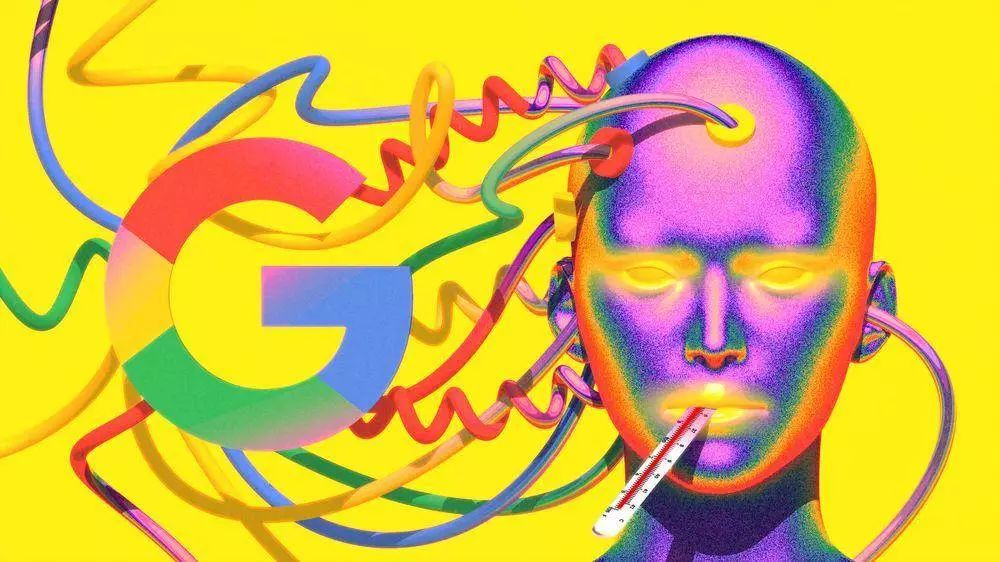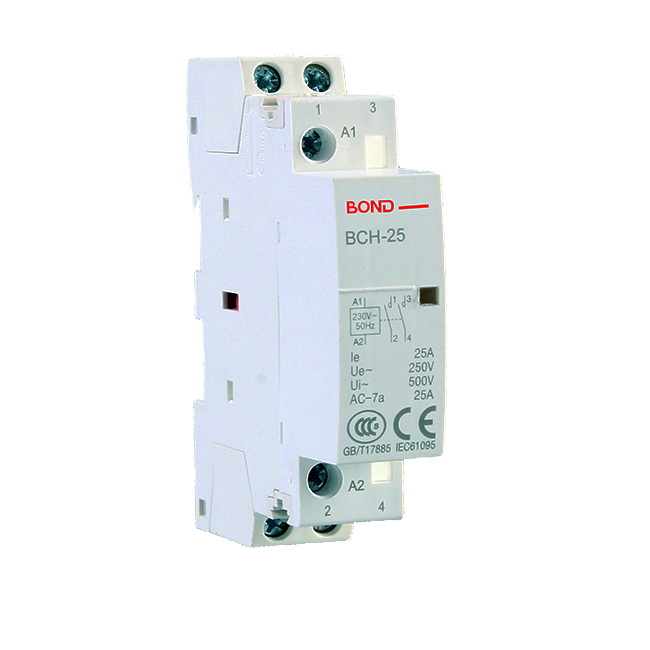Summary: Google has developed a new algorithm—reading 175,639 data points from this woman—and evaluating the risk of death, the result is 19.9%. The lady died a few days later.
A woman with advanced breast cancer came to the city hospital and her lungs were already filled with fluid. She saw two doctors and had a radiographic scan. The hospital's computer read her vital signs and predicted that her chance of death during hospitalization was 9.3%.
Then Google did the same thing. Google developed a new algorithm—reading 175,639 data points from the woman—and evaluating the risk of death, which was 19.9%. The lady died a few days later.
Google develops a model prediction system as a medical tool
In May this year, Google released a heartbreaking death report for the unidentified woman. In the report, Google highlighted the potential of neural networks in medical care, an artificial intelligence software that is particularly good at using data to automatically learn and improve. At present, Google has developed a tool that can predict the patient's condition, such as how long the patient may be in the hospital, the probability of the patient being admitted to the hospital again, and the probability of the patient's imminent death.
What impresses medical experts the most is Google ’s ability to filter data that was previously unavailable: such as data recorded in pdf files or recorded in old pictures. The neural network absorbs these irregular information and makes predictions. It is faster and more accurate than existing technology. Google ’s system even shows which records can be concluded.
For many years, hospitals, doctors and other medical practitioners have tried to make better use of stored electronic health records and other patient data. Sharing and emphasizing more information at the right time can save lives, and at least help medical workers reduce their time on paperwork and increase their time in patient care. But current methods of mining health data are expensive, cumbersome, and time-consuming.
Nigam Shah, an associate professor at Stanford University, said that in today's predictive models, 80% of the time is spent on "standard work" to make data expressive, and Google's approach avoids this problem.
In May this year, Google's AI leader Jeff Dean told Bloomberg that Google's next step is to introduce this prediction system to the clinic. Dean's health research team (sometimes called the medical brain) is studying a series of artificial intelligence tools that can accurately predict symptoms and diseases, and these tools can not only bring hope, but also have a warning effect.
The company was very excited about this initiative, and they finally found a new artificial intelligence application with business prospects. Since the Google company under Alphabet in 2016 declared itself an "AI First" company, most of its work has been to improve existing Internet services. The advancement of the medical brain team has given Google an opportunity to enter a new market, which is what Larry Page and Sergey Briz have been trying repeatedly.
Today, most software in the healthcare field is written by hand. Vik Bajaj, a former executive of Alphabet ’s medical department and the general manager of the investment company, said that Google ’s method, that is, the machine learns to parse data by itself, “can go beyond all other methods, they know what problems are worth solving, and now they have done enough. Small experiments, and know what the direction of results is. "
Dean also envisioned an artificial intelligence system to guide doctors to use certain drugs and make diagnosis. Another Google researcher said that existing models ignore important medical events, such as whether the patient has undergone surgery. He described the existing hand-coded model as "a huge obstacle" in healthcare.

Challenges facing forecasting system tools
Although people are optimistic about Google ’s potential, using artificial intelligence to improve medical outcomes remains a huge challenge. Other companies, especially IBM's Watson, have also tried to apply artificial intelligence to the medical field, but have little effect in saving money and integrating the technology into the payment system.
Google has been seeking digital medical records for a long time, and the results are different. Recently, Google studied 46 billion anonymous patient data from the University of California, San Francisco and the University of Chicago. The difficult problem is that Google's artificial intelligence system must create a predictive model for each hospital, rather than parse the data from the two hospitals. The solutions for all hospitals will be more challenging. Google is working hard to ensure that new partners can access more records.
In-depth research on health issues will only greatly increase the information that Google already has. Andrew Burt, chief privacy officer of data company Immuta, said: "Companies like Google and other technology giants will have a unique, almost monopoly ability to use all the data we generate. The government should prevent these data from becoming" only a few companies. " Field, just like Google ’s dominance in online advertising. "
When it comes to patient information, Google is very cautious, especially during the public review of data collection. Last year, British regulators investigated DeepMind, another of Alphabet ’s artificial intelligence laboratories, because they tested an application for analyzing public medical records, but the laboratory did not tell patients that their information would be used. In the latest research, Google and its hospital partners insist that their data is used anonymously, securely, and with the permission of patients.
However, Volchenboum believes that these algorithms can still save lives and save money. He hopes that health records will be mixed with other statistics. He said, "The hospital is like an organism." Ultimately, artificial intelligence models may contain factors that may affect the patient ’s predictions, such as information about local weather and traffic.
Few companies can analyze people better than Google. In fact, the company and Alphabet ’s division Verily are developing a device that can track more biological signals. Even if consumers do not accept wearable health trackers, Google has a lot of other data to use. It knows the weather and traffic conditions, and Google ’s Android phones track the way people walk, valuable information about mental decline, and other diseases. All of these can be added to medical algorithms.
Medical records are only part of Google's artificial intelligence medical plan. The medical brain has provided artificial intelligence systems for radiology, ophthalmology, and cardiology. They also make efforts in dermatology. Employees developed an app to detect malignant skin lesions; tested a product manager with 15 fake tattoos walking around in the office.
Google is conducting a new trial in India, which uses its artificial intelligence software to screen eye images for early signs of diabetic retinopathy. Dean said that before the release, Google had three retina experts intensively discuss the early findings.
It's too early to determine the business model
Over time, Google can license these systems to clinics or sell them as a diagnostic service through the company ’s cloud computing department. Microsoft is also developing predictive artificial intelligence services. To commercialize products, Google first needs to obtain more records, which often differ greatly in different medical institutions. Google can buy it, but regulators or consumers may not accept it. The transactions with the University of California, San Francisco and the University of Chicago are not commercial.
At present, the company said that it is too early to determine the business model. In May of this year, at Google ’s annual developer conference, Lily Peng, a member of the Medical Brain, said that the research team ’s research on discovering the risk of heart disease has surpassed that of humans. She said, "I want to emphasize again that this is only in the early stages."
BCH series AC Contactor is widely used for household electrical appliances control. Modular AC Contactor is used for remote control switch on and switch off the household electrical appliances which no inductance or with lower inductance loading. Such as electromagnetic oven, motors and other electrical appliances.
Modular AC Contactor mainly used in AC50Hz/60Hz,rated voltage to 400V,rated current of power system to 100A,AC-1,AC-7a (in no inductance or lower inductance load, resistance furnace, household appliances and similar lower inductance load) categories. Long distance switch and control circuit. House use AC Contactor is not used for breaking short circuit current, so it is necessary to choose suitable circuit protection electrical equipment for short circuit protection.


Modular AC Contactor,Modular Contactor,Auto Modular AC Contactor,Manual Modular AC Contactors
Ningbo Bond Industrial Electric Co., Ltd. , https://www.bondelectro.com
